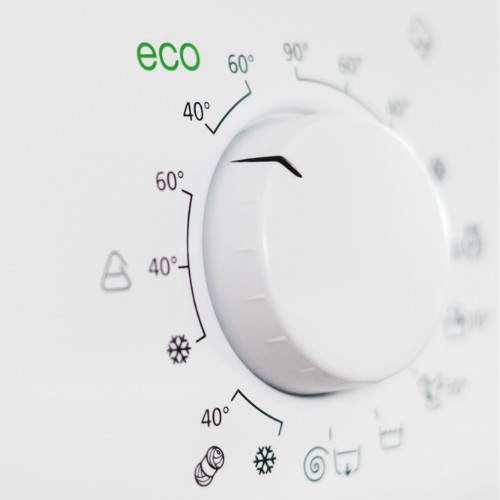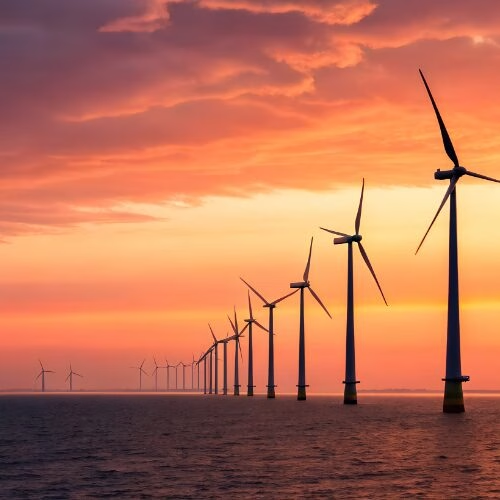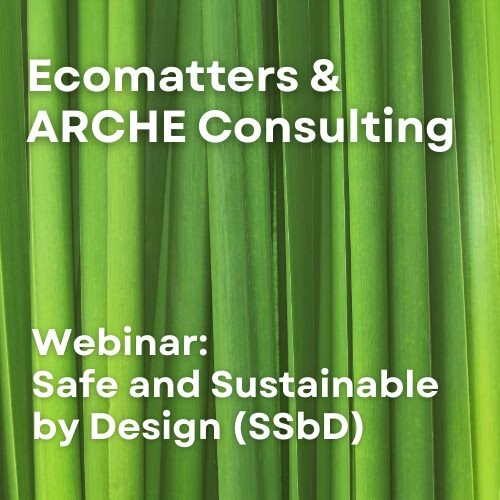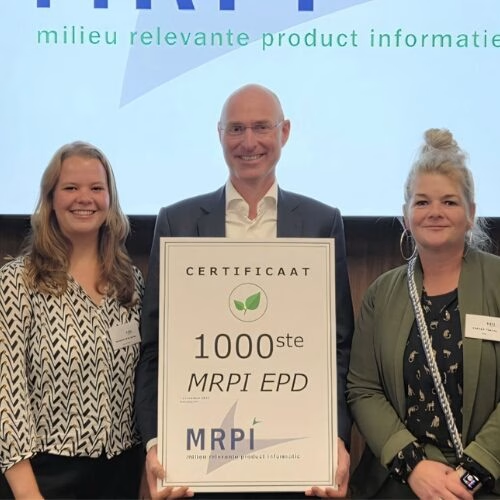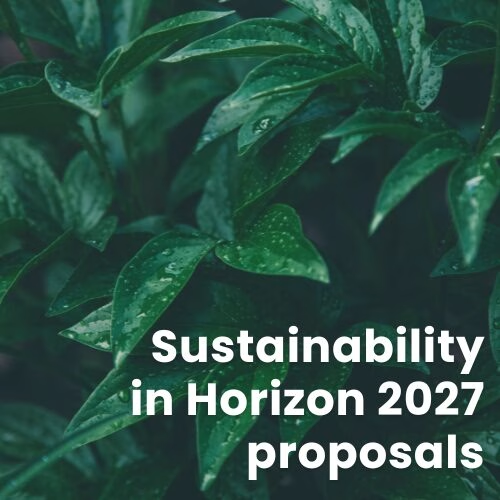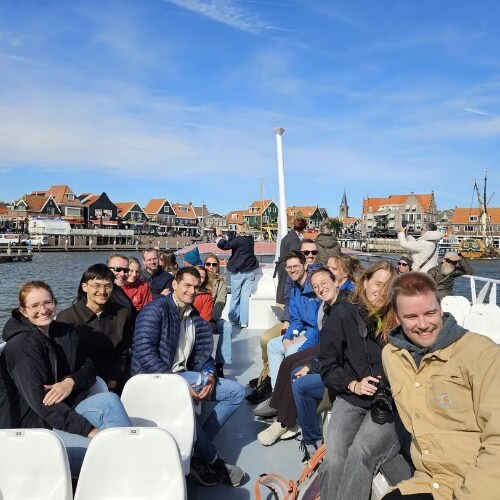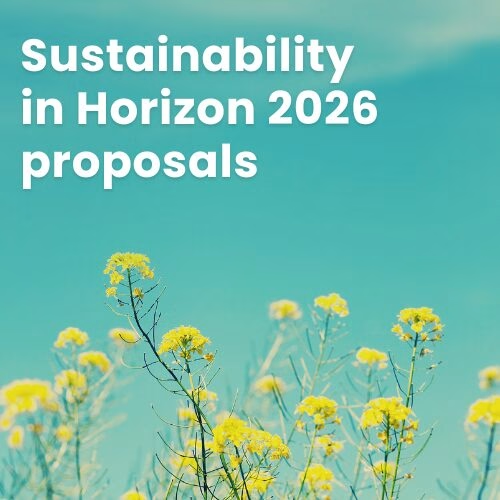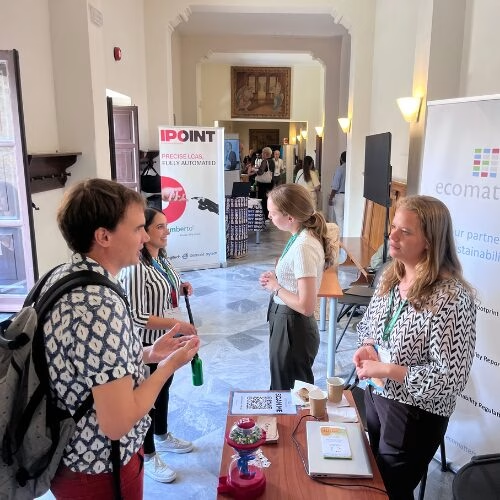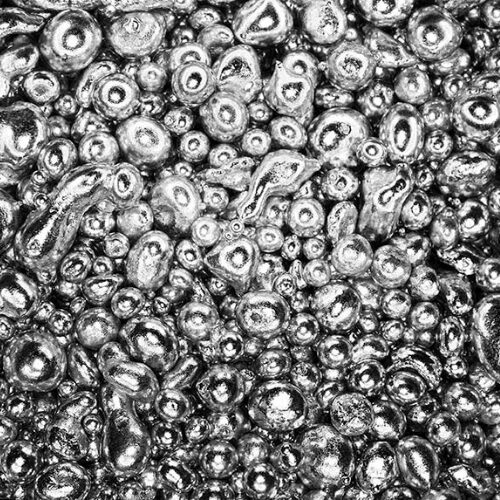Over the past year, Ecomatters has contributed to several preparatory studies for the Ecodesign for Sustainable Product Regulation (ESPR). Under this regulation, the European Commission is preparing for specific ecodesign measures applicable to several product groups by means of adopting delegated acts. The first step towards the development of a delegated act is a preparatory study. Currently, Ecomatters is working on preparatory studies for five product groups: professional and household dishwashers, household washing machines and washer-dryers, industrial and commercial laundry appliances, and tyres.
How does the ESPR work?
The European Commission adopted the ESPR on 18 July 2024, with the goal of achieving the aims of the 2020 Circular Economy Action Plan and supporting the transition to a circular economy. It aims to regulate products in the EU market by improving their circularity, energy performance, recyclability and durability. To implement the Ecodesign requirements for various product groups, a preparatory study and an impact assessment support study must be conducted. The former identifies the design and policy options that can be turned into Ecodesign requirements, while the latter assess the impact of implementing them into law. Together, these studies form the technical and policy foundation for drafting ESPR delegated act.
What is a preparatory study?
A preparatory study consists of multiple phases:
- Project launch
- Phase 1 and 2 (following MEErP Tasks 1-4)
- Phase 2 (following MEErP Tasks 5-7)
- Delivery of working documents
- Stakeholder consultation and feedback synthesis
The MEErP (Methodology for Ecodesign of Energy-related Products) is a framework developed by the European Commission to assess the environmental, technical, and economic impacts of products.
Ecomatters’ contribution
Ecomatters is involved in the second phase of the preparatory studies for five product groups, and specifically in MEErP Task 5 and MEErP Task 6. Each product group has a dedicated webpage:
- Industrial and commercial laundry appliances
- Household washing machines and household washer dryers
- Professional dishwashers
- Household dishwashers
- Tyres
Under MEErP Task 5, Ecomatters is responsible for assessing the environmental and economic impacts of the products under study, as well as identifying and reporting substances of concern. Most assessments were performed using the EcoReport tool, developed by the European Commission as part of the MEErP package. This tool integrates the Life Cycle Assessment (LCA) and Life Cycle Costing (LCC) methods, providing insights into the lifetime environmental impact and the lifecycle costs of a product. It also incorporates circularity aspects into the calculations, such as lifetime extension and material efficiency. Looking ahead, the intention is to conduct further LCA using the Product Environmental Footprint (PEF) method.
Ecomatters is also responsible for developing the Task 5 chapter of the preparatory study, where the LCA and LCC results are analysed and interpreted, alongside the identification and assessment of substances of concern.
MEErP Task 6 involves formulating proposed design options aimed at enhancing circularity, while maintaining a balance between environmental performance and cost-effectiveness. These design options are informed by the environmental and economic impact hotspots identified in MEErP Task 5. Under this Task, Ecomatters is responsible for carrying out the LCA and LCC calculations for each design option and evaluating their performance from both an environmental and economic perspective.
The findings of MEErP Tasks 5 and 6 will support the drafting of ESPR delegated acts for the assessed product groups.
Outcomes and next steps
We recently presented our results at several stakeholder meetings for the washing machine and dishwasher industries. The results were well received and contributed to the development of potential design options aimed at lowering the environmental impact of the machines, at reasonable or lower costs. We have also recently kicked off the preparatory study for tyres and look forward to the interesting outcomes for this product group.
If you’re interested in learning more or exploring potential collaboration, we’d be happy to discuss how we can support you.

